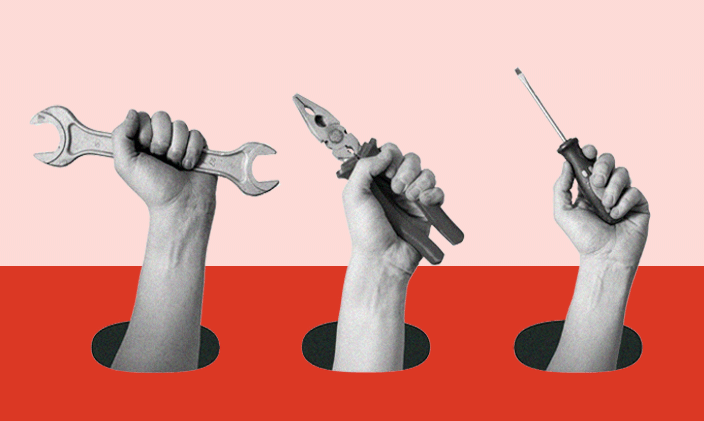Skills in the workforce
As the nature of work continues to evolve, so too do its challenges and opportunities.
The skills arena reflects this dynamic. Employers are increasingly shifting to a skills-based focus to better support hiring and retention strategies, a change that is opening up opportunities in diversity of talent, career mobility, performance and ease of hiring.
University of Phoenix embraces this transformation. Rooted in a tradition of helping adult learners achieve their educational goals, the University identifies career-relevant skills and implements them in its curriculum. Students can earn digital badges for certain skills as they acquire them, a process that builds visibility for students and employers alike in terms of what learners can bring to the job market.
That’s just the beginning.
Here, we offer an array of UOPX resources that explore the evolving roles of skills, which skills are increasingly valuable in the workplace, how organizations can help employees develop them and the University’s role in bridging skills gaps in the workforce.
Read all about it
The PhoenixConnect® blog regularly explores career trends and skills. Take a deep dive into the world of skills and skills-mapped degrees.
The great debate: Skills vs. degrees
Alumni Chronicles Magazine is a biannual publication that offers career insight and University news. This feature from the Fall 2023 issue delves into the push-pull relationship between degrees and skills.
What role do businesses play in the skills conversation?
Discover what thought leaders have to say about the opportunities available to organizations when it comes to upskilling workers.
Putting skills into practice
University of Phoenix offers digital skill badges to students in real time as they progress through their associate, bachelor’s and master’s degree programs. Skills badges help empower students in their academic journeys and lay the groundwork for productive conversations between employees and employers.
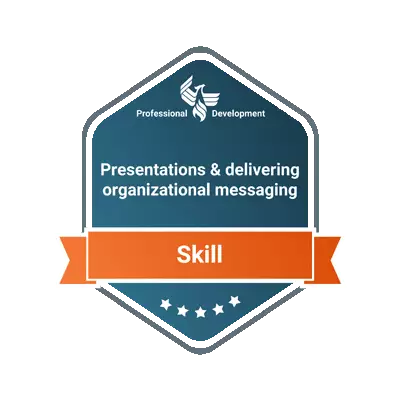
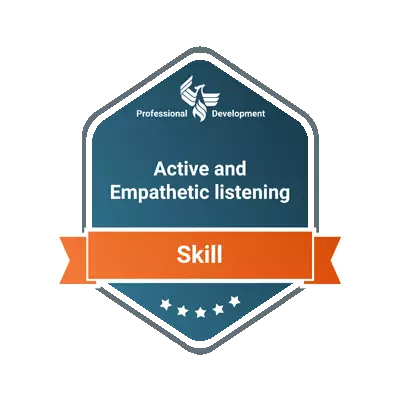
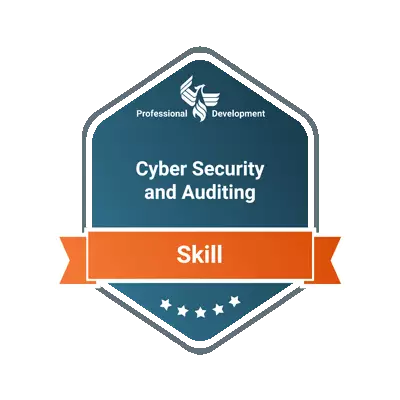
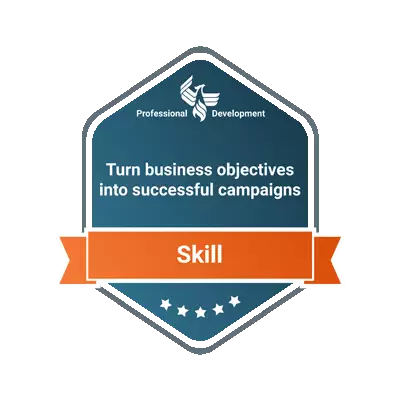
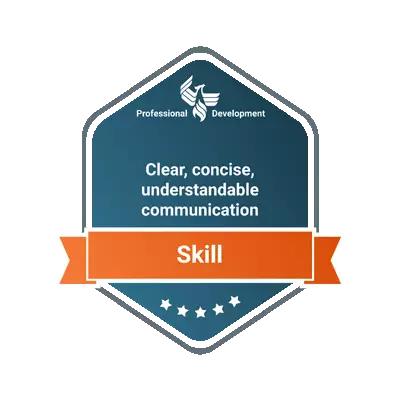
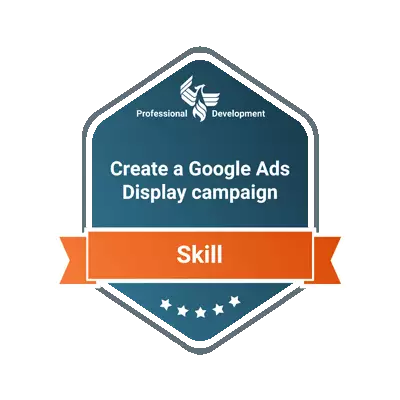
Leading the way in career-focused education
University of Phoenix leaders share their insights on building skills into higher education curriculum.
The Career Optimism Index® report
University of Phoenix seeks to find out how workers and employers feel about the career landscape. The result is the annual Career Optimism Index® report, which found in 2023 that despite the challenges of the previous year, 80% of surveyed Americans remain hopeful about the future of their careers. Their hope, however, is grounded in their own sense of personal efficacy, not in their current employers. This has led to a “free agent” labor market where the workforce is willing to pursue alternative job opportunities unless employers invest in foundational career support over workplace perks.
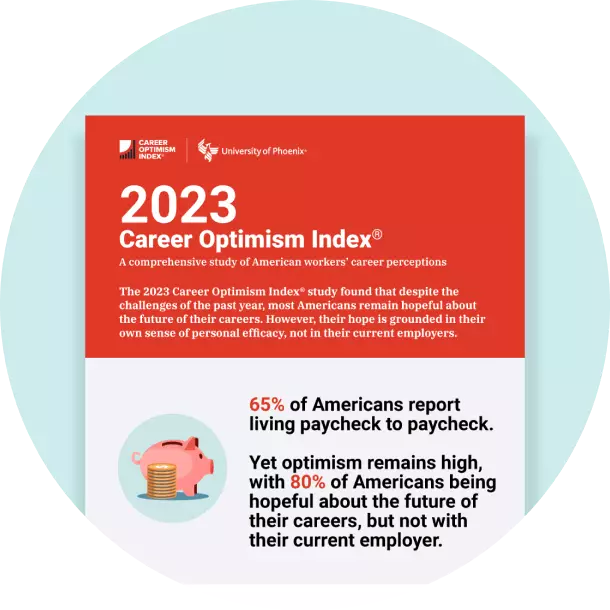
Skills and badges at a glance
View the infographics below to learn more about UOPX’s role in bridging the skills gap at work and how to add digital badges to your LinkedIn profile.
For more information, visit www.phoenix.edu/skills.
